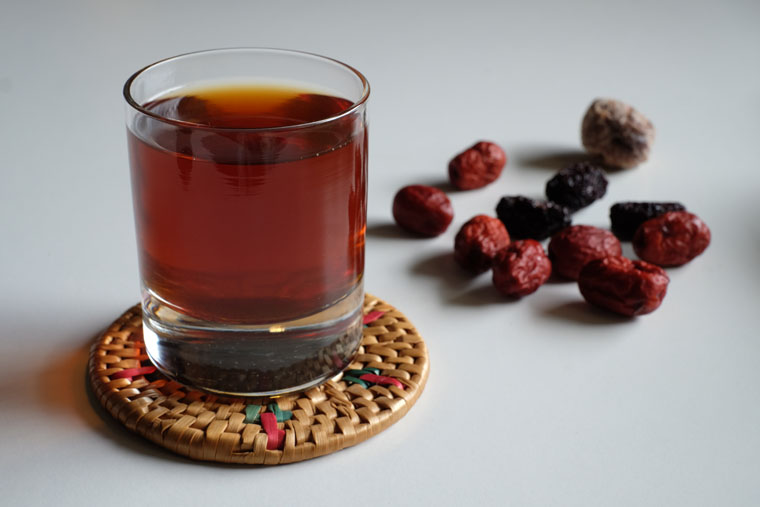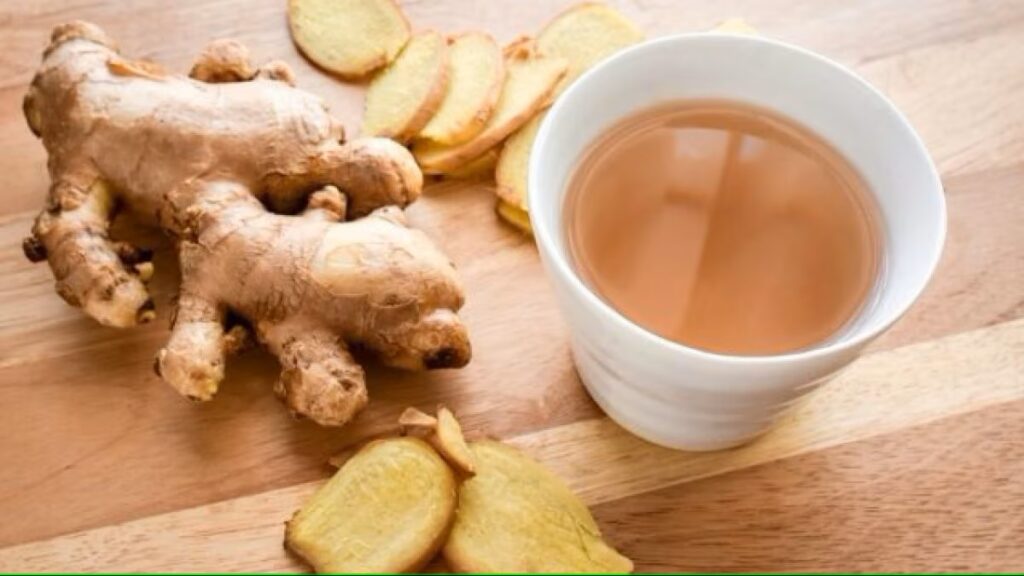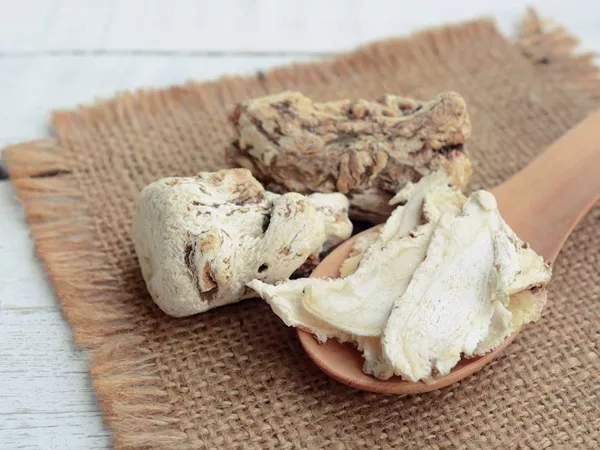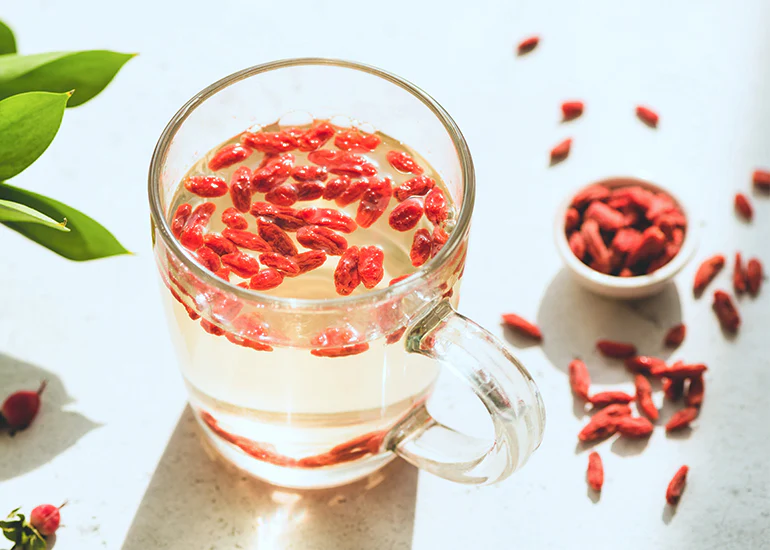
- adminMel
- March 22, 2024
- 2:44 pm
Chinese Herbal Teas

During the postpartum recovery period, Chinese herbal teas can be beneficial in aiding the body’s recovery and replenishment after childbirth. Here are some commonly used Chinese herbal teas and their potential benefits during the postpartum period:
- Red Date Tea (红枣茶)

Red dates are believed to nourish the blood, promote circulation, and replenish energy. This can be particularly helpful for women who have experienced blood loss during childbirth. Red date tea is also considered to have a calming effect and may help alleviate stress and promote better sleep.
- Ginger Tea (姜茶)

Ginger is often used in Chinese herbal medicine for its warming properties. Ginger tea can help to invigorate the body, improve circulation, and alleviate postpartum cold symptoms. It may also aid digestion, which can be beneficial as the body adjusts after childbirth.
- Dang Gui (Angelica sinensis) Tea (当归茶)

Dang Gui is commonly used in traditional Chinese medicine to tonify the blood and regulate menstruation. In the postpartum period, Dang Gui tea may help in replenishing blood loss during childbirth, promoting overall blood circulation, and supporting the body’s recovery process.
- Goji Berry Tea (枸杞茶)

Goji berries are rich in antioxidants and vitamins, including vitamin C, which can help support the immune system during the postpartum period. Goji berry tea is also believed to nourish the liver and kidneys, promote healthy vision, and improve energy levels.
- Longan and Ginger Tea (龙眼姜茶)
Longan is another fruit commonly used in Chinese herbal medicine for its blood-nourishing properties. When combined with ginger, this tea can help replenish blood and energy levels, promote circulation, and support overall postpartum recovery.
- Chinese Herbal Soup (药膳汤)
In addition to herbal teas, Chinese herbal soups made with a combination of herbs like Chinese yam, lotus seeds, Astragalus root, and more, are often consumed during the postpartum period. These soups are believed to nourish the body, support lactation, and promote recovery.
It’s important to note that while Chinese herbal teas can offer potential benefits during the postpartum period, it’s essential to consult with a healthcare provider or a qualified traditional Chinese medicine practitioner before consuming them, especially if you have any underlying health conditions or concerns. Additionally, individual responses to herbal remedies can vary, so it’s essential to monitor how your body reacts to the teas and adjust consumption accordingly.
Share our article:
Suggested Article


Understanding the “Berpantang” Tradition and the Importance of “月子”

Suggested Articles

7个理由:为什么马来西亚妈咪在家坐月子期间需要产后按摩/月子按摩
在马来西亚坐月子期间,产后妈咪的身体需要全面的恢复和调理。随着马来西亚月嫂服务的普及,越来越多的新妈…

2024 孕期护理与产后护理指南:马来西亚准妈妈与新妈咪色斑、妊娠纹及体型恢复的实用建议
对于马来西亚的准妈妈和新妈咪而言,怀孕和产后护理是至关重要的阶段。这一时期的变化不仅包括色斑、妊娠纹…

2024 新生儿护理指南:3-6个月宝宝哄睡与安抚技巧 | 马来西亚新手爸妈必看
宝宝哄睡要点总结: 在宝宝早期的几个月,灵活地应对宝宝的需求非常重要。 三个帮助宝宝入睡的关键技巧:…

